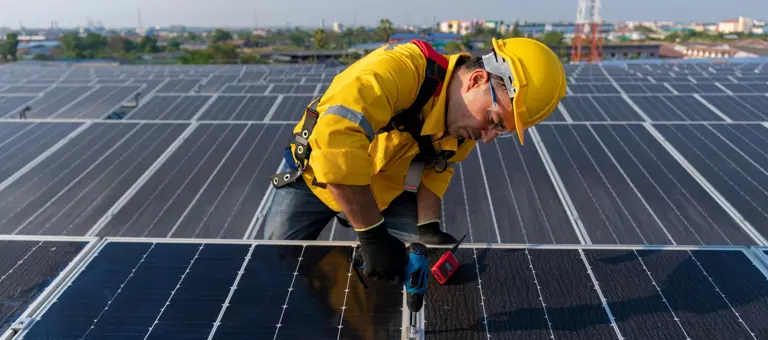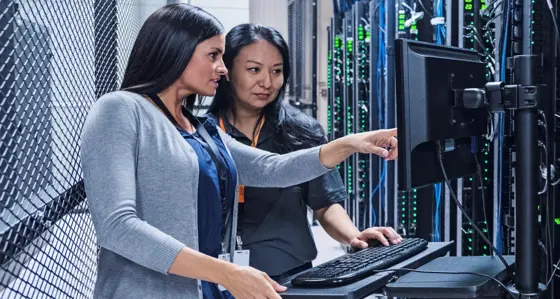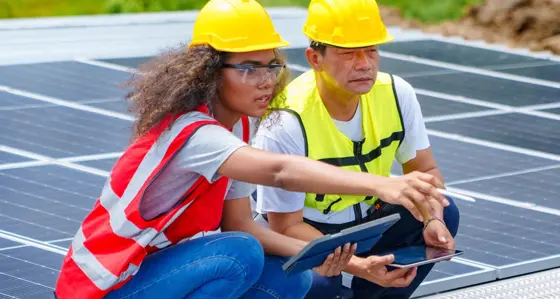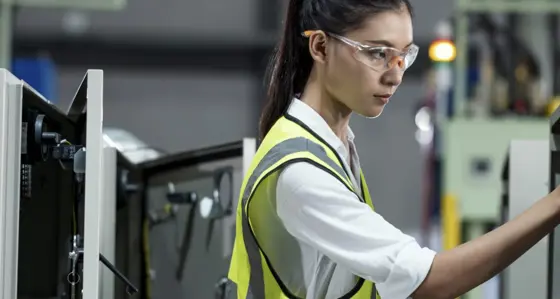
Endgame: A zero-carbon electricity plan for Ireland
29 June 2021
In this study, Baringa has sought to bring its landmark 2018 70 by 30 study into 2021, by accounting for significant market and policy developments in Ireland, and to determine the necessary steps to achieve a zero-carbon power sector in Ireland.
Key findings - what have we learned?
- Reducing power sector CO2 emissions in Ireland from around 9 million tonnes today to a target of less than 2 million tonnes of CO2 per year is very achievable by 2030, using the approach currently underway to achieve the ‘70 by 30’ target, and implementing more of existing and proven technologies.
- The current Programme for Government renewable capacity targets of 8.2 GW of onshore wind and 5 GW of offshore wind by 2030 should be maintained, with an additional target of 5 GW of solar PV.
- This target can be achieved at a lower cost to the end consumer in Ireland, compared to delivery of the less ambitious ‘70 by 30’ target.
- A zero-carbon power system is possible by 2030 and represents an achievable target in the 2030s.
- Realising this target requires incremental investment in a suite of technologies new to Ireland, and the implementation of a carbon price floor in the I-SEM.
Watch Mark Turner present the findings of this study at a Wind Energy Ireland webinar
In Achieving Zero we explored the parallel journey to 80% renewable electricity in Northern Ireland, and quantified the net benefits unlocked to end consumers. Read more on the results of our study here.
For more information on the contents of the report or how Baringa can help your organisation, please contact the report authors Mark Turner and Alec Granville-Willett.
Related Insights

Good for your pocket: How renewable energy helps Irish electricity consumers
€840 million has been saved on the power bills of Irish consumers thanks to renewables, read this report to find out more.
Read more
Irish decarbonisation and end consumer benefits of Grid-Interactive UPS
A study on the role that data centres can play towards power sector decarbonisation in Ireland using Grid-Interactive UPS, a backup power supply technology.
Read more
Bridging the gap: towards a zero-carbon power grid
As Ireland gears up to adopt a carbon budget, we test the limit of ambition for the unfolding decade ahead under current policy.
Read more
Game changer: how energy storage is the key to a secure, sustainable, clean energy future in Ireland
The benefits of deploying energy storage in Ireland and Northern Ireland, beyond the provision of zero-carbon system services by battery technologies.
Read moreIs digital and AI delivering what your business needs?
Digital and AI can solve your toughest challenges and elevate your business performance. But success isn’t always straightforward. Where can you unlock opportunity? And what does it take to set the foundation for lasting success?